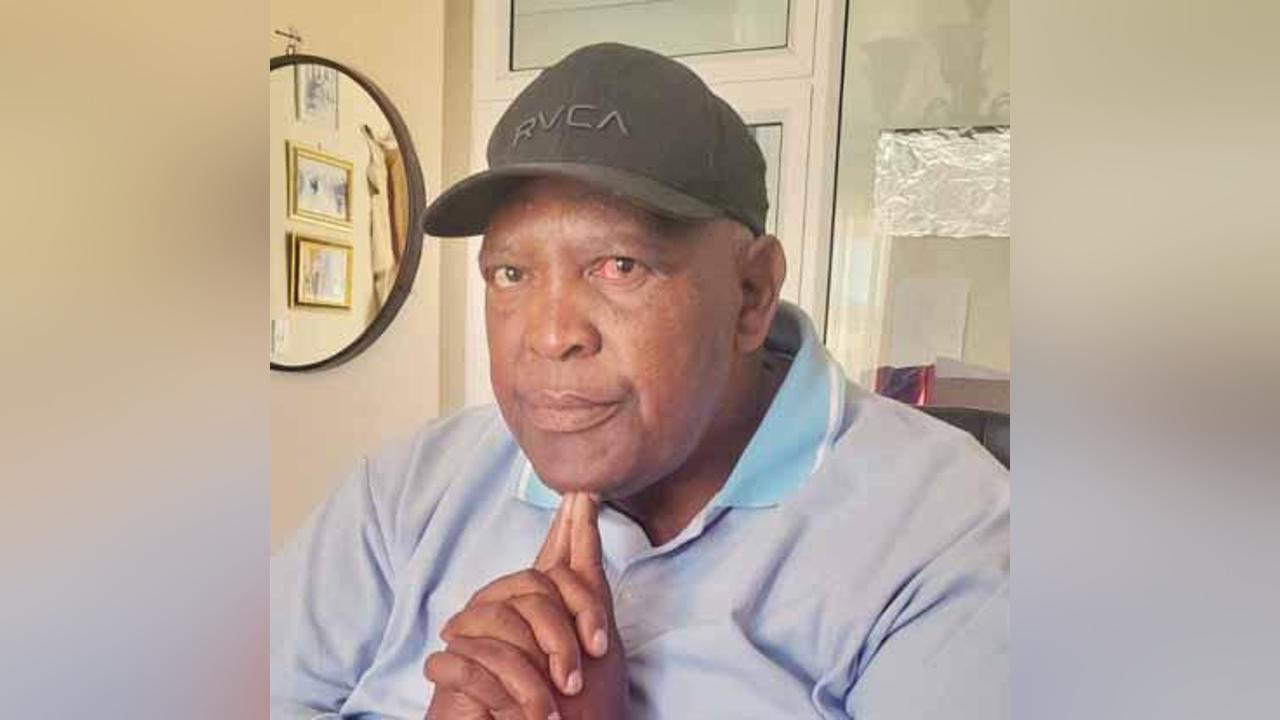Africa-Press – Lesotho. No sooner had Sam Matekane been sworn-in as Prime Minister last October did disgruntled hawks within the Revolution for Prosperity (RFP) party begin plotting to oust him and his government.
Their reason, according to Isaac Malebaleba Joseph, the MP for Thaba-Bosiu constituency, was because Matekane had overlooked them for ministerial positions in the new government.
Joseph is adamant that what was driving the hawks was nothing but a naked, unadulterated ambition to secure plum positions under the new administration that position them to have a strike at the best opportunities.
Cabinet positions would also ensure the ministers would be closer to the seat of power and thereby enable them to have access to state resources. Joseph says all they were seeking was a “front seat” in the quest to gain access to resources.
This, Joseph says, accounts for why the RFP has been experiencing political turbulence in the last few months. They want to overthrow this government, Joseph says.
“The MPs fell out with the government as soon as the Cabinet ministers were announced,” he says. Joseph says the problem for the RFP is that it is working with individuals whose agenda is at cross-purposes with that of the leadership.
While the leadership’s key mandate is to engineer a radical economic transformation in Lesotho, these individuals are determined to line up their own pockets even if that means sacrificing the national interests, Joseph says.
Joseph, however, refused to name and shame such individuals. He however blames the individuals who joined the RFP from other political parties for fanning factionalism and pushing a narrow, self-serving agenda.
These individuals have scores to settle, he says. Despite the challenges, Joseph argues the RFP government will survive the turbulence in the cockpit.
“People just want to have power and do not care about the rest of the country,” Joseph says. They have no real interests to improve the welfare of the masses, he says.
The rebels have been fighting the party’s National Executive Committee demanding that Matekane should call a national elective conference to elect new office bearers.
Matekane has however rebuffed such a call saying the interim NEC will run for the next five years to allow the party to focus on governance and economic transformation.
The matter is now in the courts of law. Away from the party conflicts, Joseph says he wants to see Lesotho throwing everything into agriculture to ensure that the nation is food self-sufficient.
Lesotho, which is entirely surrounded by South Africa, imports the bulk of its food from its only neighbour. That is unsustainable, Joseph says. “Money has to circulate in this country and we should spend less on importing (goods and services),” he says.
Despite the current challenges, Joseph says Lesotho will one day be food self-sufficient so that it stops relying on South Africa. He says their goal as the government is to fight hunger.
To achieve that goal, Joseph says the new government has already put in place mechanisms to go into crop production at the constituency level. He believes that if people can keep hunger at bay, they can win any battles that may come their way.
“The rate of crimes could also drop,” Joseph says. Joseph says he never liked politics in the past since he was 100 percent focused on running his businesses.
He says it was through his business connections in Thaba-Bosiu that the people there asked him to represent them following the formation of the RFP last year.
His company had won a tender to supply sand for the building of a pipe that was distributing water to Maseru. “I had a good relationship with the people in Thaba-Bosiu,” Joseph says.
He also engaged foreign investors who wanted to set up a cannabis project which has since employed over 50 people. He says he is also helping feed hungry children at a primary school in Thaba-Bosiu.
And so every Friday, he supplies meals for these children. “I supply food for about 75 children here,” he says. It was on the basis of what he was already doing for the community that the people of Thaba-Bosiu asked him to stand in the elections under the banner of the RFP party last year.
Having worked closely with the people for some time, Joseph found it difficult to say no to their request. He says the main reason why he agreed to throw his weight behind the RFP was Matekane himself.
“I know Matekane is a man of his own words.
I knew that he would deliver,” Joseph says, adding that he knew that Matekane was a hard worker and a businessman who had excelled in all his ventures.
It would therefore be easy for him to bring the same business acumen to national politics, he says. Joseph says Matekane specifically asked him to drive food production in Lesotho.
He says he is working closely with Agriculture Minister Thabo Mofosi in that endevour. “I have forked out M3 million from my own pocket to do this massive crop production in this constituency,” Joseph says.
Joseph is currently engaged in a share-cropping scheme with some local farmers where he takes 80 percent of the produce with the local farmers, who would have provided the land, taking the balance.
It is a lucrative venture that has immensely helped local farmers, he says. He says he does the whole process from tilling the land to harvesting of the crops.
“The farmer only comes to take his share,” he says.
“The people are happy with the arrangement.
”
When Joseph first introduced the scheme, he says there was a lot of criticism particularly from opposition parties about how the arrangement would work. The opposition parties were telling the people that they would be cheated as they would only receive two bags of maize.
He says his critics have been proved wrong with most locals walking away with a minimum of 10 bags per individual farmer under the share cropping scheme.
Joseph says he has even offered to grind the maize for the locals for free since most of them cannot afford to pay at his mills. He has planted a total of 116 fields in Thaba-Bosiu as part of the government’s drive to fight hunger and poverty.
The share cropping scheme has proven to be a win-win situation for him and the local farmers. Joseph says there has been discussions within the RFP on how they could replicate this success story countrywide.
He argues that it is unacceptable to have the shocking levels of poverty that we see in Lesotho given the vast resources we have in the country and the favourable climate.
Joseph says Lesotho also possesses vast diamond resources which have remained untapped. If properly managed, such mineral resources should enable the government to haul the people from the jaws of poverty.
He also wants to see Lesotho getting the best out of its water resources. He says Lesotho’s water should be exported to the SADC market and even abroad so that the country gets foreign currency.
“We will get to where we want to take this country to,” Joseph says. Joseph was born in Tlokoeng in Mokhotlong district 64 years ago. He says his family ran a small grocery shop and kept a large head of cattle.
For More News And Analysis About Lesotho Follow Africa-Press






